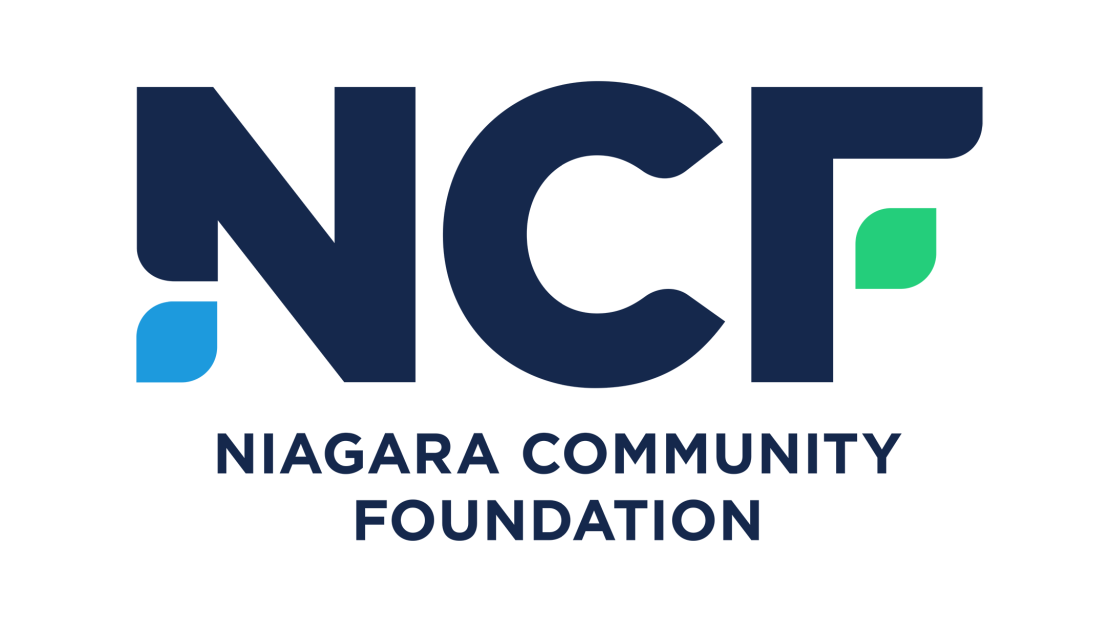There are three options for helping your adult children purchase a home:
- Outright gifting a down payment
- Loaning funds for a down payment
- Co-signing a mortgage
Outright gifting a down payment
At face value, assuming you have the available capital, providing your child with a lump sum may seem like the simplest option. However, you should be aware that you lose control of the funds as soon as you gift it to your child. If your child chooses to use the gift towards something other than what you intended, you may not have any recourse. As you would be parting with your money definitively by gifting it, it is important for you to keep in mind your future financial needs, life expectancy and potential important changes before taking this approach.
Are there tax implications?
When it comes to monetary gifts, there are generally no tax implications to the gift itself for either the parent or the child. However, if the gifter doesn’t have the readily-available liquid funds to gift, they may, for instance, need to liquidate investments, which could have tax consequences.
There are also other risks associated with gifting money. If the child’s marriage were to fail, your gift may potentially be subject to division of family property depending on a number of factors. You should talk to your lawyer to ensure that you and your child are taking adequate steps to protect the gift in the event of a relationship breakdown.
If you intend to ensure you give to all your children equally, you should also consider what would happen if you were to pass away before you are able to equally help each child. You should therefore be mindful of keeping a record of who got what over the years and consult with your estate lawyer about the steps you can take to ultimately ensure equal distribution of your estate in the event of a sudden death.
Loaning funds
Another option is to loan the money to an adult child with the expectation that they’ll pay it back later.
At the time of the loan, you should ensure with your lawyer that your intention is properly documented in hopes of preventing any unintended issues in the future. You should discuss with your lawyer whether you should implement a promissory note, a loan agreement, a registered mortgage on title of the child’s home or otherwise document your intention. With formal documentation, you may potentially ensure the enforcement of repayment terms if it is ever required. Additionally, the loaned funds may be safeguarded against potential claims from creditors or a spouse in the case of a relationship breakdown. However, this isn’t always that simple and you should consult a lawyer to discuss the value of this strategy as it relates to your particular situation.
On the other hand, a loan will increase a child’s debt load, which could impact their ability to secure a mortgage that meets their needs. Lenders will consider their debt service ratio (which calculates their total debts divided by their total income) to determine the size of mortgage for which they qualifies.
Finally, you should consider what would happen to the loan if you were to suddenly pass away while sums are outstanding as there could be unintended consequences. If a loan is forgiven in the terms of a will, there are generally no income tax implications as debt-forgiveness rules do not apply. If you intend to forgive the loan upon death, you should consider discussing with your estate lawyer how you could document your intentions at death to avoid any unintended issues.
Co-signing a loan
This approach would enable your child to leverage your higher credit rating and may allow them to access a lower interest rate and/or a greater loan than they would have been able to access on their own.
The advantage of co-signing their mortgage is that you won’t have to access your own capital or liquidate any of your investments, which could have tax implications. Parents may prefer this approach because your child would retain the pride of ownership while nonetheless maintaining the responsibility that comes with paying for their own home.
If you co-sign your child’s mortgage, you should be aware that you may be on the hook for the full amount if they don’t meet their commitments and their credit rating could be at risk if they ever default on payments. Lastly, it also could limit your future ability to access additional credit for your own needs or to help your other children in the same manner.
Bottom line
Helping adult children financially may be a parent’s goal, but it could have serious implications on your long-term financial strategy. If one of your goals is to help your children, you should talk to me, your estate planning lawyer and tax advisor to help you plan for it.
This article was written by Edward Jones for use by your local Edward Jones Financial Advisor, Nicolle Lalonde.
 Back to myNiagaraOnline
Back to myNiagaraOnline
































